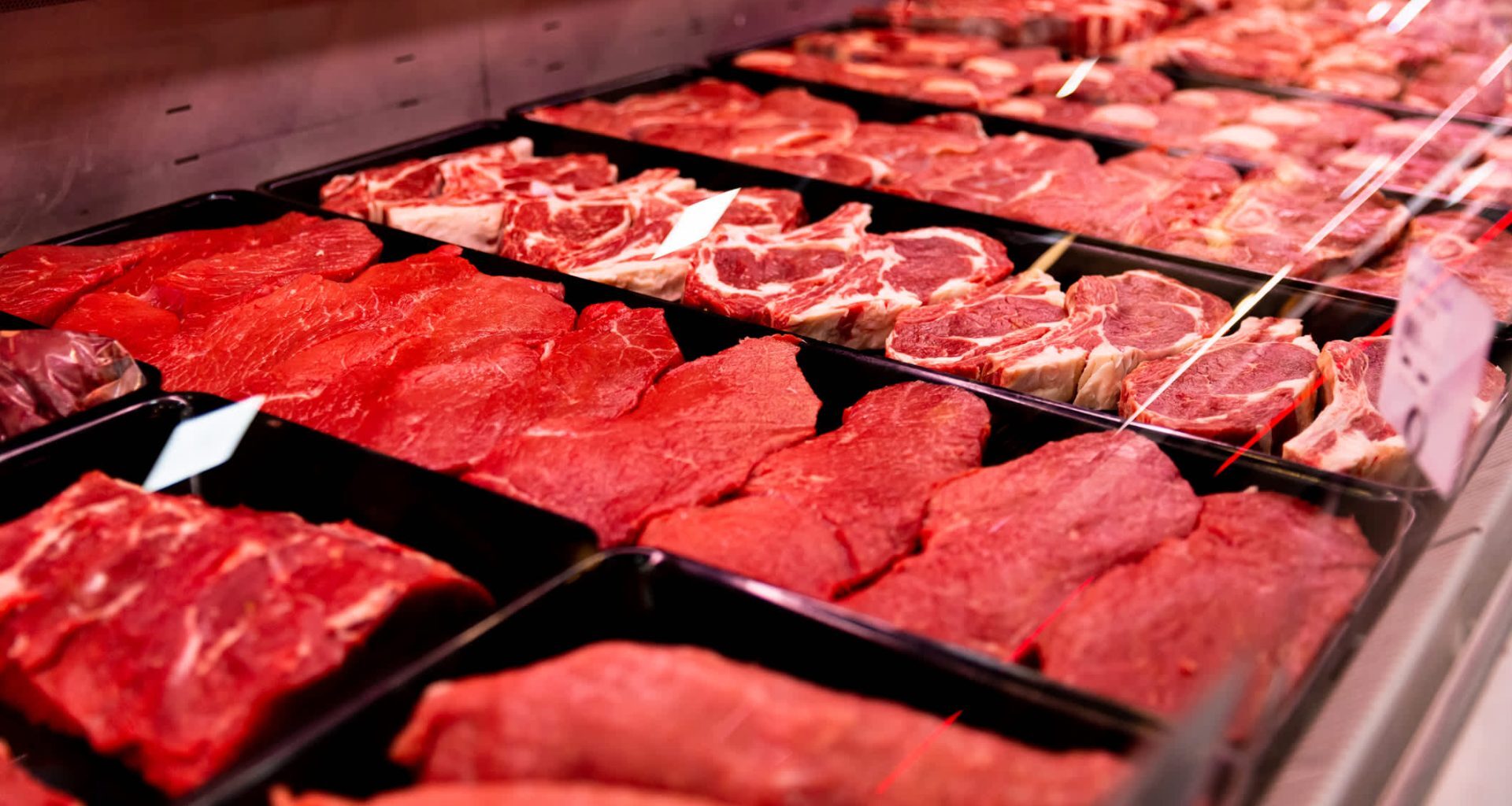Studies have shown that a vegan diet is the most eco-friendly diet for lowering your carbon footprint. Vegans are responsible for 75% less greenhouse gas pollution than omnivores, according to The New York Times.
However, giving up all animal products can be difficult depending on food accessibility and allergies; this encouraged researchers to look into how much meat and dairy one can still consume to live sustainably, Sentient Media reported.
Researchers from the Technical University of Denmark (DTU) released a study in March 2025 finding that individuals should consume no more than 255 grams, roughly half a pound, of pork or poultry per week to eat a sustainable diet. Additionally, all red meat is unsustainable. Beef requires 25% of all global land use and is responsible for 4.2 million acres destroyed in the Amazon for its production, according to the Guardian.
“I think this number is in the right range, but (as the authors said) there is not [an] exact cut-off,” Walter Willett, professor of epidemiology and nutrition at Harvard T.H. Chan School of Public Health, emailed to Sentient Media. “In part because this also depends on the other parts of one’s diet.”
The researchers also took into account the nutritional benefits of more sustainable diets. After evaluating a mix of diets and staying within environmental limits — that a diet doesn’t produce more than 800 grams of carbon dioxide and uses no more than 4.3 square meters of land — they found that the ideal diets were still largely plant-based with limited meat and dairy.
“Keeping intakes at that level, and instead emphasizing plant sources of protein…is associated with many health benefits including lower overall mortality,” Willett wrote. In fact, vegan, vegetarian, and pescatarian diets were shown to increase life expectancy by 600 minutes of healthy life every week.
Overall, the study found sustainable eating isn’t an all-or-nothing game. “Our calculations show that it’s possible to eat cheese if that is important to you,” Caroline Gebara, the lead author of the study and postdoctoral researcher at DTU Sustain said in the press release. “The premise is, of course, that the rest of your diet is sustainable.”
Join our free newsletter for easy tips to save more and waste less, and don’t miss this cool list of easy ways to help yourself while helping the planet.
